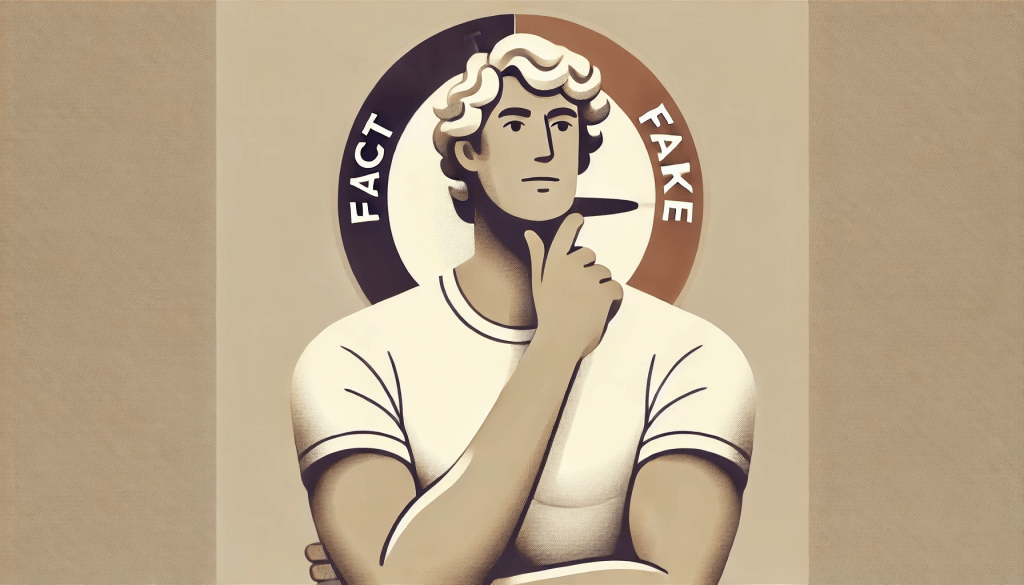Congress Party on Thursday intensified its criticism of the government’s Goods and Services Tax (GST) system, labeling it as “tax terrorism” detrimental to businesses and consumers alike.
The opposition party has called for introduction of GST 2.0, noting that the original system introduced in 2017 has “failed” and robbed the middle class of its precious savings.
“We had promised GST 2.0 in our manifesto so that the burden on the common man comes down. We now urge Government to introduce GST 2.0. Middle class are badly affected. We are raising this issue now ahead of the budget so that the Parliament can in upcoming entire budget session focus on GST issues”, Pawan Khera, Congress Spokesperson said at a press briefing in Jaipur.
On Thursday at 12 noon, 12 leaders of the Congress Party addressed 12 press conferences in 12 cities to expose the “terror of GST across the country”.
Addressing a press briefing in the capital, Shaktisinh Gohil, Rajya Sabha Member of Parliament from Congress, alleged that the BJP government is through GST taking money from the common man and salaried class’ pockets and then allowing the treasury to be looted by the friends of the ruling dispensation. He claimed that common man is contributing to two-third of GST collections, while big wealthy businessman are contributing about 3 percent.
Gap between haves and have nots have now widened more than the situation at the time the country was ruled by British, he noted.
“Give away”
Gohil also slammed the BJP government for the corporate tax rate cut effected in 2019, which led to the “give away” of ₹ 2 lakh crore to corporate India.
He rued that current GST system lacks simplicity and highlighted that there are nine different rates including a cess.
Gohil came down heavily on the ruling dispensation for resorting to the instrument of “cess” in a big way, noting that States are deprived of any share from cess.
He highlighted that GST levy of 28 percent for three wheeler rickshaws, three slab structure for popcorns and 18 percent GST on health insurance are “not acceptable”.
Khera emphasised that the original intent of GST—to create a unified and straightforward tax regime—has been undermined by the proliferation of tax rates and arbitrary classifications.









Leave a Comment